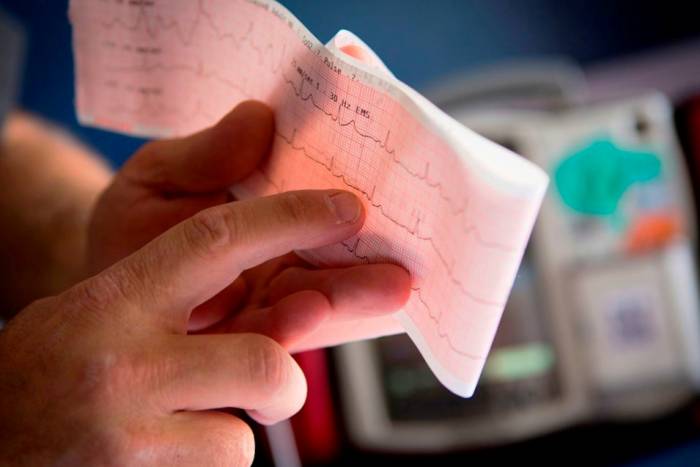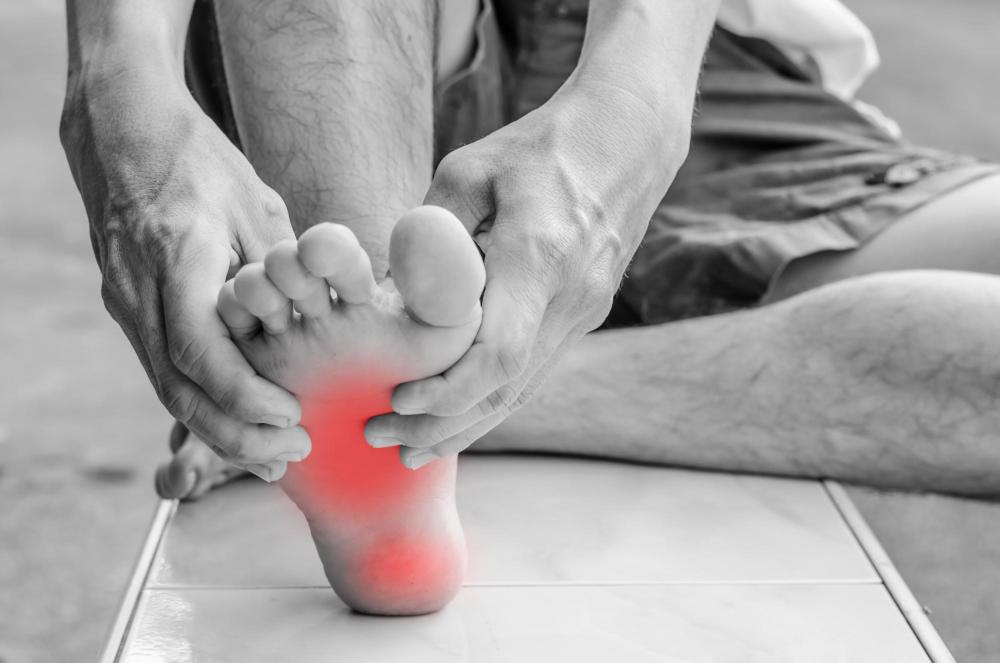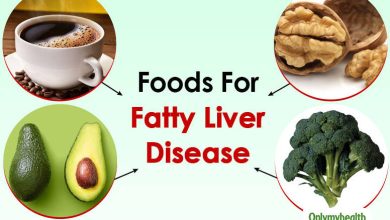Peptic ulcer disease, its causes, and treatment
What is the best way to treat stomach ulcers?
Stomach ulcers are open ulcers in the abdomen and small intestine, and the most common symptom is stomach pain.
A benign stomach lesion is often referred to as a stomach ulcer. In the past, habits like eating spicy food or having people who are stressed were thought to cause stomach ulcers.

The most common type of gastric ulcer is the peptic ulcer.
Ulcers form in the upper portion of the small intestine called the duodenum
Symptoms of Peptic ulcer:
- Heartburn and stomach pain
- Intolerance to fatty foods
- Heartburn
- nausea
Heartburn and heartburn are the most common symptoms of a stomach ulcer. Stomach acid makes the pain worse, and this pain is often relieved by eating foods that suppress stomach acid or taking acid-lowering drugs.
Three-quarters of people with peptic ulcers have no symptoms.
Rarely, pain may be caused by the following symptoms:
- Vomiting or vomiting of blood, which may appear red or black.
- Dark blood in the stool or black stool
- Respiratory problems
- Weakness
- Nausea or vomiting
- Unknown weight loss
- Changes in appetite
What causes ulcers?
Causes of gastric ulcer:
This type of ulcer occurs when acid accumulates in the gastrointestinal tract on the inner surface of the stomach or small intestine, causing severe pain that may bleed.
It is normal for your digestive tract to be covered in mucus that protects it from acid. You can still develop sores if the number of acids increases or mucus decreases.
The main causes of Peptic ulcers:
Helicobacter pylori bacteria usually protect the mucous membranes that line the stomach and small intestine. In most cases, Helicobacter pylori does not cause problems, but it can cause mucous membranes and stomach ulcers.
Helicobacter pylori can be transmitted through close contact, such as kissing, or through water and food. It is not known how Helicobacter pylori spreads.
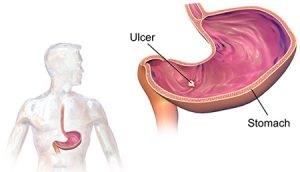
Aspirin and some nonsteroidal anti-inflammatory drugs (NSAIDs) can irritate the lining of your stomach and intestines. Ibuprofen, naproxen sodium, and ketoprofen are among these drugs.
Ulcers are more common in the elderly and more or less common in people taking these drugs to treat osteoarthritis.
Other medications such as steroids, anticoagulants, low-dose aspirin, serotonin reuptake inhibitors (SSRIs), alendronate (Fosamax), and risedronate (Actonel) may increase ulcer risk.
Diagnosis of Peptic ulcer:
A medical history and physical examination can help diagnose a stomach ulcer. In this case, diagnostic tests such as:
A Helicobacter pylori test may be recommended by your doctor. Possibly, he is looking for Helicobacter pylori by using the most accurate blood, stool, and breath tests.
In gastric endoscopy, the doctor inserts a hollow tube fitted with a lens (endoscope) into the throat, stomach, and small intestine, and using the endoscope, the doctor looks for the wound.
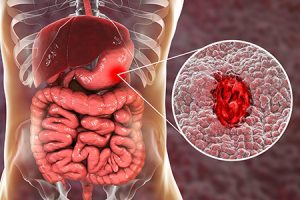
Ways to treat stomach ulcers:
Peptic ulcer treatment depends on its cause. You should take several antibiotics for two months if you have Helicobacter pylori. Medications that reduce stomach pain include ranitidine, famotidine, omeprazole, etc. An endoscopy may be necessary if the stomach ulcer is bleeding heavily. Perforation of the wound or bleeding that cannot be controlled endoscopically will require surgery.


